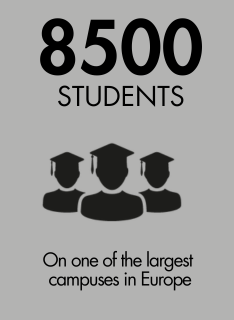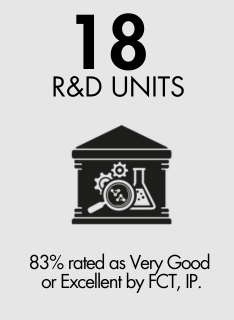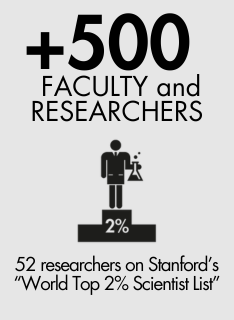Renewable energies have emerged as key pillar for boosting sustainability, providing an important alternative to traditional sources based on fossil fuels. From this perspective, they play a central role in power generation, human mobility and the multiple energy needs of modern society.
The interdisciplinary nature of the Master's in Renewable Energy Engineering promotes technical training and specialised knowledge strongly oriented towards an effective and efficient response to market needs in technical, environmental and economic terms.
Applications 2025/26
1st Phase: FEB. 3rd to MAR. 22nd
2nd Phase: JUN. 2nd to JUL. 18th
3rd Phase: SEPT. 1 to 5
Vacancies: 2
Duration: 2 years (120 ECTS)
Format: In-Person / Daytime
Language: Portuguese and/or English
Course Coordinator: Pedro Ribeiro Pereira, mer.coordenador@fct.unl.pt
Academic division: mestrados@fct.unl.pt
The Master's in Renewable Energy Engineering is the responsibility of the Department of Electrical and Computer Engineering (DEEC), in collaboration with the Department of Environmental Sciences and Engineering (DCEA), the Department of Mechanical and Industrial Engineering (DEMI) and the Department of Chemistry (DQ).
Tuition fee - Portuguese students: 1500€ / year
Tuition fee - Foreign students: 7000€ / year
Accepted candidates will be required to pay (within 7 consecutive days from the placement date) a non-refundable fee of €100, which will be deducted from the total tuition fee after enrolment.
Non-payment within this period will result in automatic exclusion of the candidate. No exceptions or late payments will be considered. Any payment made after the deadline will not be refunded, and the candidate will remain excluded.
The NOVA University Lisbon reinforces its commitment to equity in higher education by awarding scholarships that promote inclusion and equal opportunities.
More information here.
Founded in 1993, the Department of Electrical and Computer Engineering (DEEC) is a teaching and research unit of NOVA FCT dedicated to advancement, research, quality education, and providing the community with specialized services in the field of Electrical and Computer Engineering.
More info




